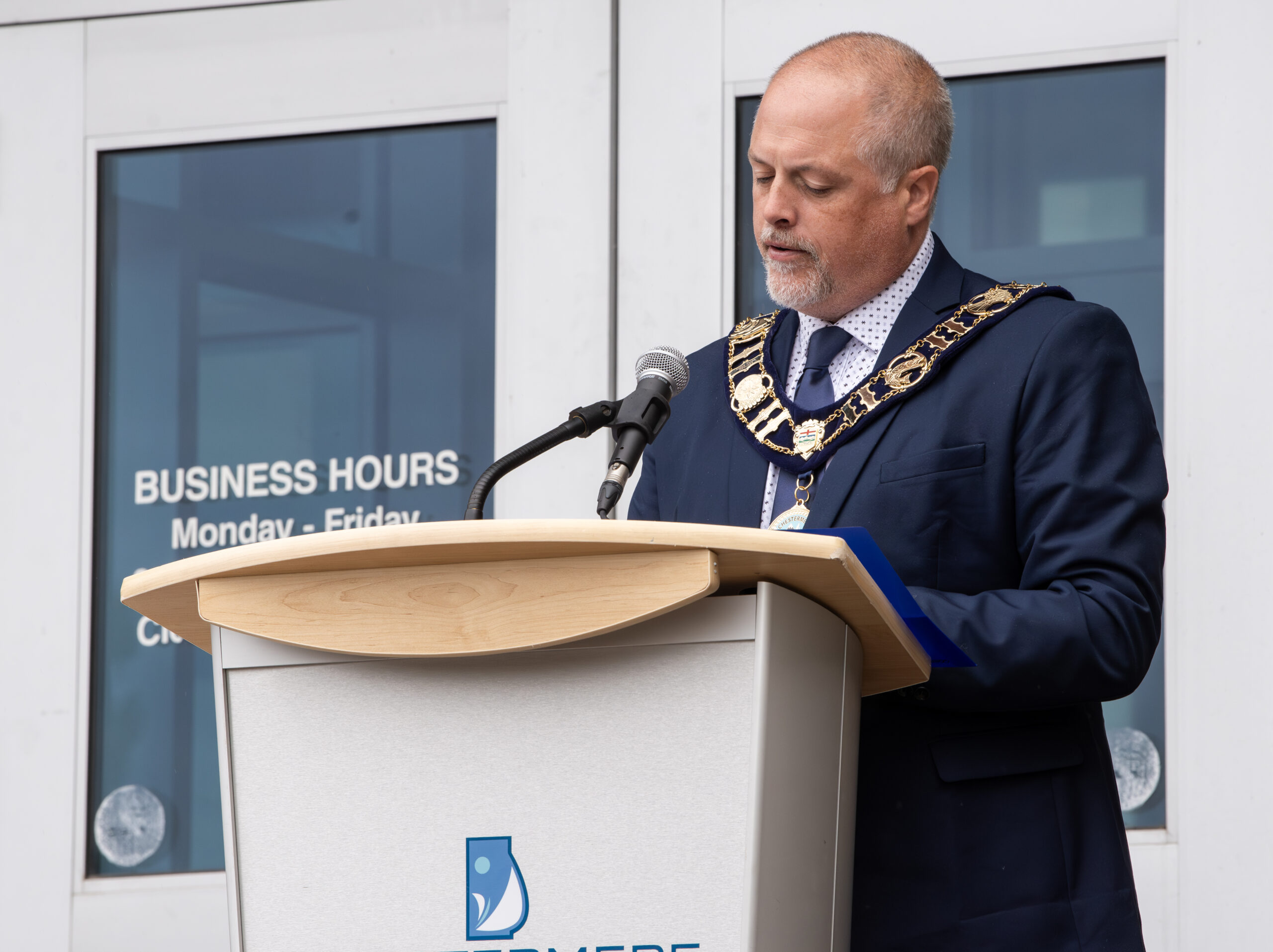Chestermere City Council gave second and third readings of the development permit validity and administrative amendments to the Land Use Bylaw during the July 7 Regular Meeting of Council.
“The City of Chestermere is a progressive, forward-facing city of action, and we not only want to deliver permits, but we also want to be an involved and active partner when it comes to managing the development,” said the Planning Assistant of Community Growth and Infrastructure, Crystal Jackson.
To achieve a standard of excellence, the City of Chestermere administrative team initiated a review of the structure and content of the fourth part of the development applications of the Land Use Bylaw.
“The purpose of the review was to consider current development permit best practices, ensure our policy aligns with the Municipal Government Act (MGA) requirements, provide clarity to existing development regulations, improve the readability of development regulations, remove ambiguities in the development permit process, and minimize red tape for applicants,” Jackson said.
While conducting the review, multiple sections of the Land Use Bylaw were flagged for improvements such as the development permit validity, an effective date of a development permit, lapse of a development permit, revocation or cancellation of a development permit, and the application process including the application intake and completeness, development permit decisions and the notice of the decision.
The City of Chestermere administrative team is hopeful that the amendments to the Land Use Bylaw will reduce misinterpretation by clearly separating the two options that the development authority has, as the application is deemed to be complete or incomplete.
“The proposed development permit validity and other administrative amendments will ensure that our Land Use Bylaw permit regulation is updated, clear, transparent, and consistent. By providing clarity and improving the readability of our Land Use Bylaw, it will reduce misinterpretation of the development permit process and its regulations by staff, developers, builders, and residents,” Jackson said.
“In turn, this will reflect best practices, ensure timely development, and maximize and enhance planning and development staff’s ability to properly follow the procedure in relation to development permit application processing timelines, protocols, and analysis. Overall, delivering improved customer service to our stakeholders,” she said.
Not only will the amendments to the Land Use Bylaw provide more transparency to the development community, but the edits also achieve common goals set by council.
“The city’s relationships with residents and the development community will improve with increased service excellence, and similar to the increased service of excellence the proposed amendments will improve the quality of life in the community by providing that increased customer service,” Jackson said.
“The proposed amendments will work to improve opportunities by maximizing efficiencies through a well-defined development process and regulation,” she added.








